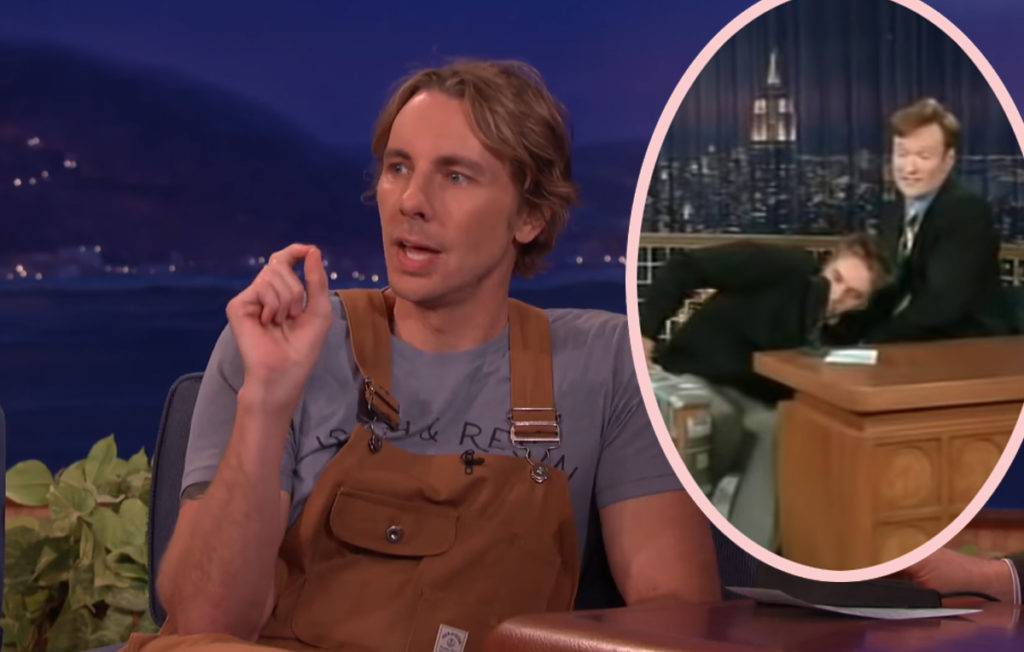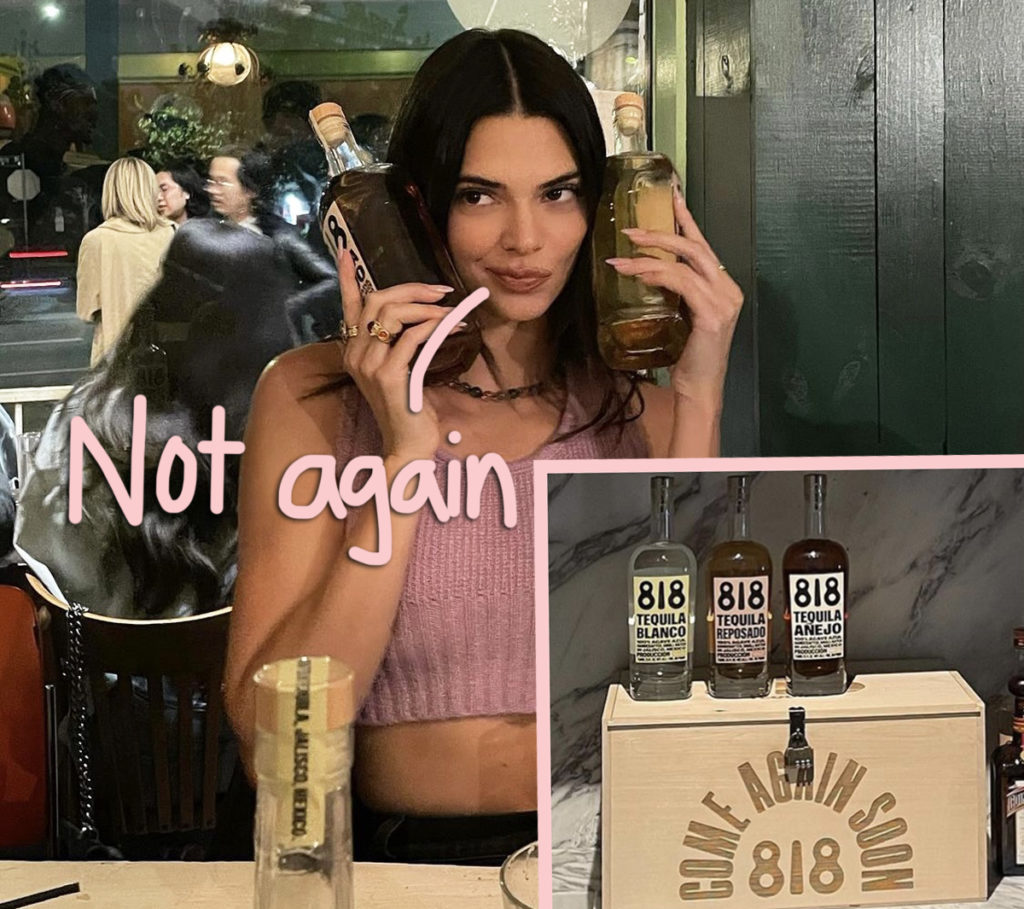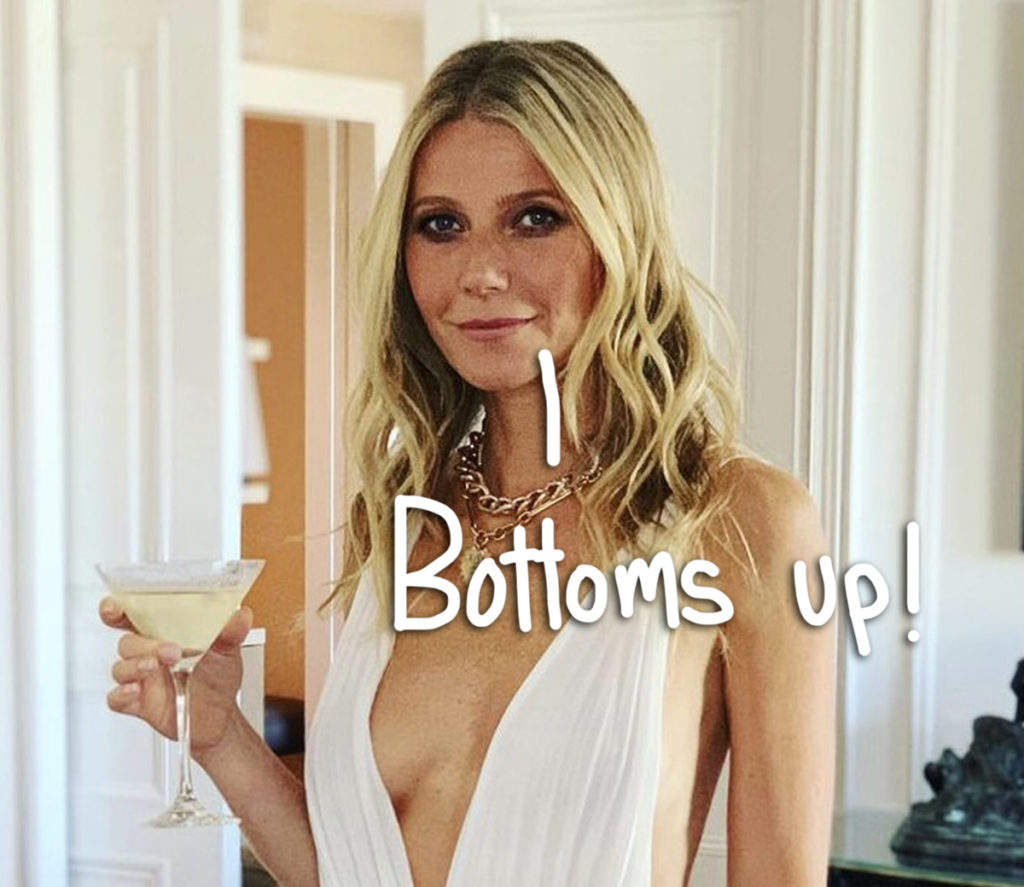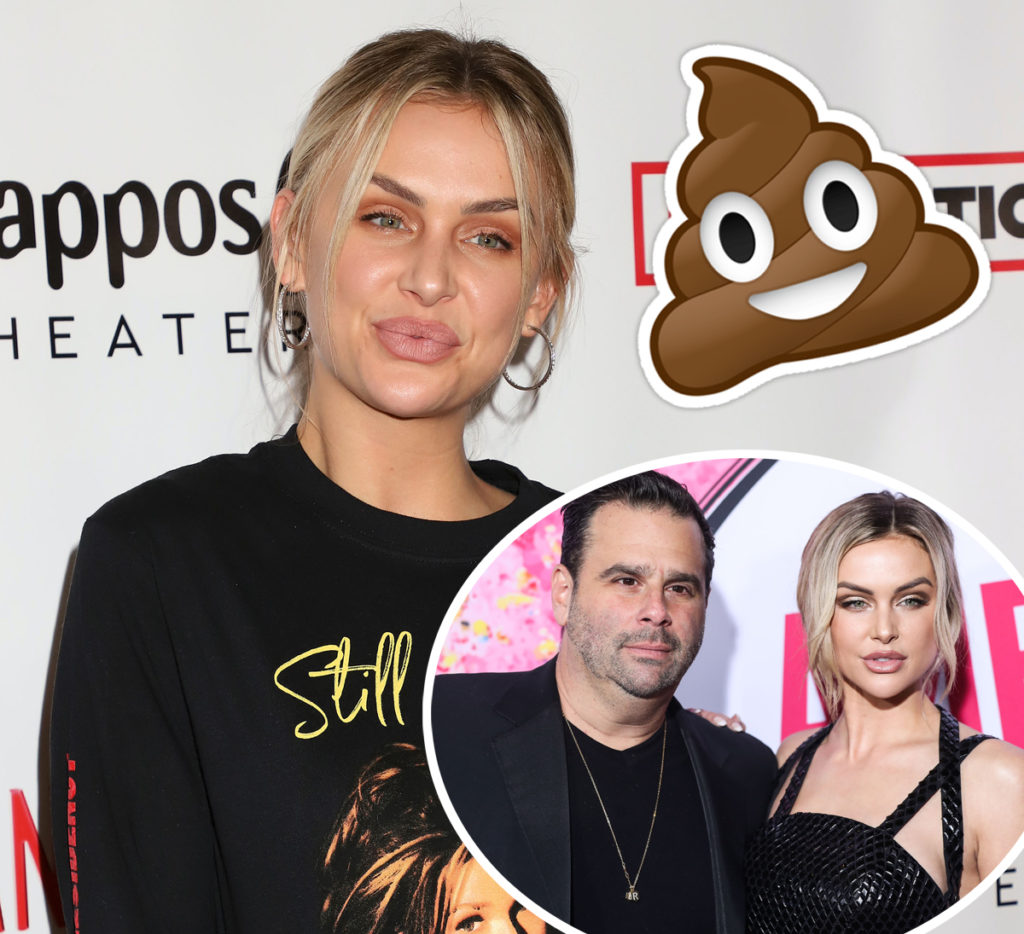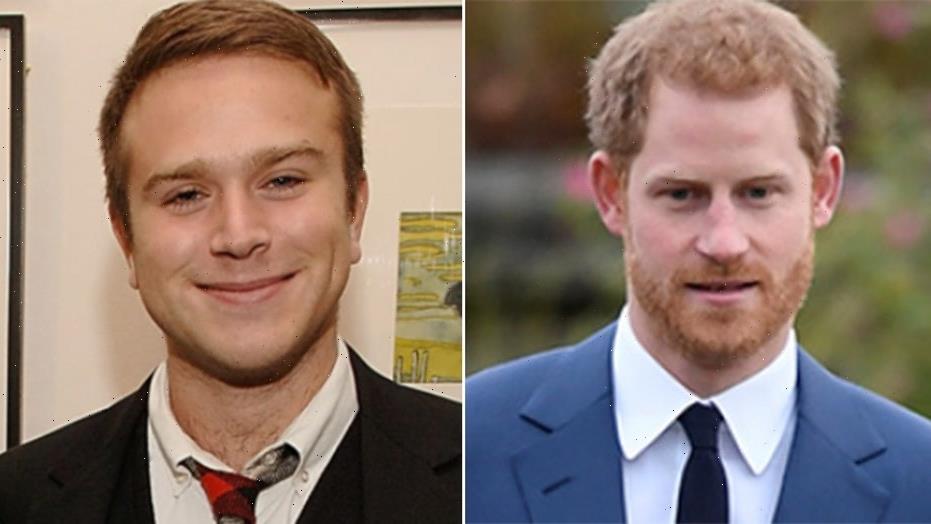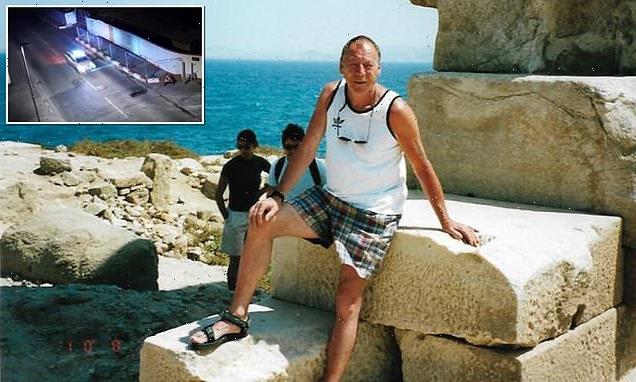Prince Harry is letting us in on The Me You Can’t See.
The ex-royal’s new mental health docuseries, co-created with Oprah, debuted on AppleTV+ on Friday. The show explores the mental health journey of numerous individuals — famous and not famous — including the Duke of Sussex himself. And Harry got seriously candid about his life inside the Royal Family and his struggle to get help for himself and his wife, Meghan Markle.
The actress previously spoke about getting shut down by “The Firm” when she sought help for her depression and suicidal thoughts during the couple’s tell-all interview back in March. In The Me You Can’t See, Archie’s dad shared his own perspective on that dark time:
“I thought my family would help, but every single ask, request, warning, whatever, it is just got met with total silence, total neglect. We spent four years trying to make it work. We did everything that we possibly could to stay there and carry on doing the role and doing the job. But Meghan was struggling.”
But the Suits alum wasn’t the only one whose mental health was neglected. In fact, Harry had experienced it since his childhood, even after being traumatized by his mother Princess Diana’s death. He explained his mindset at the time:
“I don’t want to think about her, because if I think about her then it’s going to bring up the fact that I can’t bring her back and it’s just going to make me sad. What’s the point in thinking about something sad, what’s the point of thinking about someone that you’ve lost and you’re never going to get back again. And I just decided not to talk about it. No one was talking about it.”
He also asserted that he “wasn’t in an environment where it was encouraged to talk about” his feelings of loss, and those conversations were “sort of, like, squashed.” He admitted:
“Family members have said just play the game and your life will be easier. But I have a hell of a lot of my mum in me. I feel as though I am outside of the system but I’m still stuck there. The only way to free yourself and break out to tell the truth.”
He added:
“If your parents don’t want to talk about it. And your friends can’t remind you about it, there’s no reason why you shouldn’t say, ‘Hang on a second, I may be the product of my upbringing.’”
The 36-year-old reflected:
“My father used to say to me, when I was younger, he used to say to both William and I, ‘Well, it was like that for me. So it’s going to be like that for you.’ That doesn’t make sense — just because you suffered it doesn’t mean that your kids have to suffer. In fact, quite the opposite. If you suffered, do everything you can to make sure that whatever negative experiences that you had, that you can make it right for your kids. We chose to put our mental health first. That’s what we’re doing. And that’s what we will continue to do. Isn’t this all about breaking the cycle? Isn’t it all about making sure that history doesn’t repeat itself? That whatever pain and suffering has happened to you, that you don’t pass on.”
As a young adult, Harry remembered suppressing his own suffering and telling others he was “fine” (“Never happy. Never sad, just fine.”) But behind the scenes, he was experiencing “panic attacks severe anxiety,” particularly during his early 20s, which he described as a “nightmare time in life.” Feeling like he was in “fight or flight mode,” Harry detailed his experience:
“Every single time I jump in the car and every single time I see a camera. I would just start sweating. I would feel as though my body temperature was two or three degrees warmer than everybody else in the room. I would convince myself that my face was bright red and that everybody could see how I was feeling, but no one would know why. So it was embarrassing. You get in your head about it.”
He was at his “happiest” during his time in the army, where he didn’t receive special treatment for being a prince. But outside of the military structure, he confessed:
“I was willing to drink, I was willing to take drugs, I was willing to try and do the things that made me feel less like I was feeling. But I slowly became aware that, okay, I wasn’t drinking Monday to Friday, but I would probably drink a week’s worth in one day on a Friday or a Saturday night. And I would find myself drinking, not because I was enjoying it but because I was trying to mask something.”
Prince William’s brother contemplated:
“Now in hindsight, looking back, it’s all about timing. Towards my late 20s, everything became really hectic for me. To the point of exhaustion, I was traveling all over the place because from my family’s perspective, I guess I was the person who was, like, ‘We need somebody to go there. Nepal, Harry. You go.’ I was always the yes man. I was always one who didn’t say yes, but then yes, yes, of course. Yes. Yes, yes, led to burnout.”
Getting professional help is what “broke the cycle” in the military vet’s life — and he attributed that to his future wife. He shared:
“It was like someone had taken a lid off all of the emotions that I’ve suppressed for so many years suddenly came to the forefront. And I saw GPs , I saw doctors, I saw therapists, I saw alternative therapists. I saw all sorts of people. But it was meeting and being with Meghan, I knew that if I didn’t do therapy and fix myself, that I was going to lose this woman who I could see spending the rest of my life with.”
Harry recalled:
“There was a lot of learning right at the beginning of our relationship. She was shocked to be coming backstage of the institution of the British royal family. When she said, ‘I think you need to see someone, that was in reaction to an argument we had. And in that argument, not knowing about it, I reverted back to 12-year-old Harry.”
He continued:
“The moment I started therapy and probably within my second session, my therapist turned around to me, and said, ‘That sounds like you are reverting to 12-year-old Harry.’ I felt somewhat ashamed and defensive, but ‘how dare you, you’re calling me a child.’ She was ‘I’m not calling you a child. I’m expressing sympathy and empathy for you for what happened to you when you were a child. You never processed it. You were never allowed to talk about it. And all of a sudden now, it’s coming up in different ways as projection.’ That was the start of a learning journey for me. I became aware that I’d been living in a bubble, within this family, within this institution, I was, sort of, almost trapped in a thought process or a mindset.”
Whew! That is deep!
The mental health advocate stated:
“One of the biggest lessons I’ve ever learned in life is you’ve sometimes got to go back and to deal with really uncomfortable situations and to be able to process it in order to be able to heal. For me, therapy has equipped me to be able to take on anything. That’s why I’m here now. That’s why my wife is here now. That feeling of being trapped within the family is … There was no option to leave. Eventually, when I made that decision for my family, I was still told you can’t do this.”
Without hearing directly from Harry’s family members on the topic of Megxit, plenty of sources with inside knowledge have come out to express just how angry the royals were over the Oprah interview. Prince Charles “fuming” is just one example. So we can only imagine the reaction to the new California resident exposing more about how his father has been damaging to his mental health.
Now, though, having Meghan at his side and his son (and future daughter) to look out for, Harry said he will “never be bullied into silence.” And from how open and honest he was in this docuseries, he has definitely proved that! We so appreciate him sharing his story, and breaking the cycle of suffering and silence in the Royal Family.
Related Posts
Source: Read Full Article

